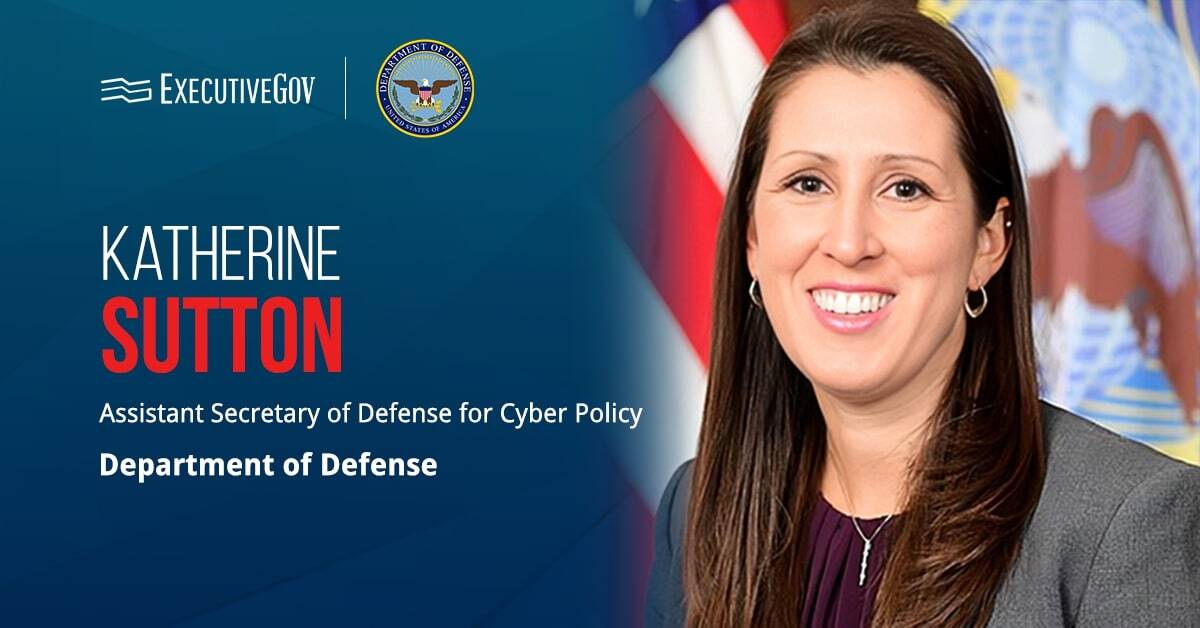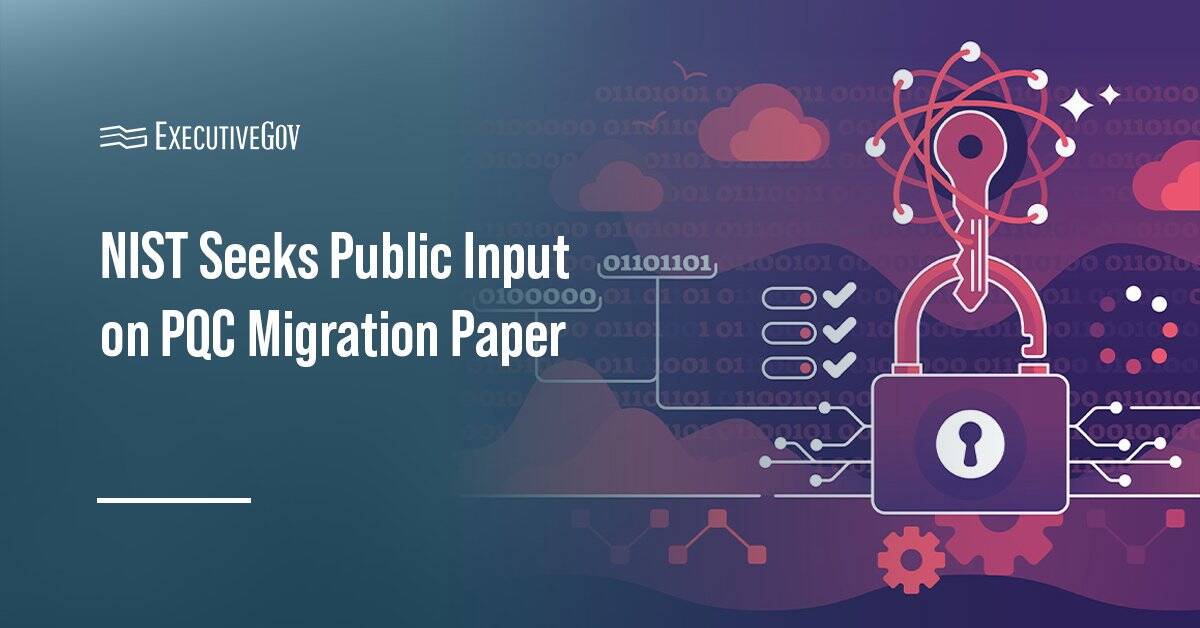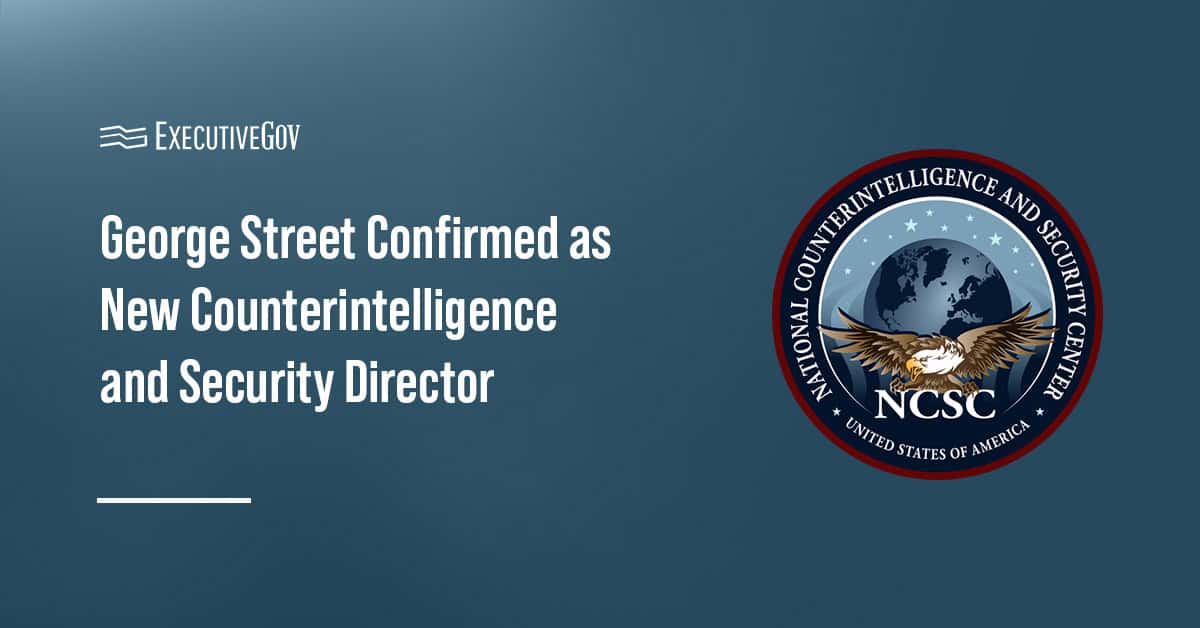
The Defense Advanced Research Projects Agency has announced an effort to boost the defenses of wideband radio frequency receivers against interference. The Wideband Adaptive RF Protection and or WARP program would develop filter and cancellation technologies that selectively block interference signals, DARPA said Wednesday.
The program seeks to address the issue of saturation, an occurrence when a signal's power level goes beyond a receiver's capacity. WARP's intended technologies would work to adapt to the surrounding electromagnetic environment in the event of jamming or interference.
“With the WARP filters, the goal is to reduce the effect of large signals without attenuating smaller signals," said Timothy Hancock, a program manager at DARPA.
The agency plans to administer a proposer's day in Virginia on Feb. 11 to disseminate more information on the program.
Related Articles
The Senate on Thursday confirmed Katherine Sutton, a cyber policy and technology expert, as the assistant secretary of defense for cyber policy. The upper chamber voted 51-47 to confirm Sutton and other nominees for several federal government positions. President Donald Trump nominated Sutton for the Department of Defense position in March. In this capacity, she will oversee DOD’s policy for cyber operations and concurrently serve as principal cyber adviser to the secretary of defense. Who Is Katherine Sutton? Sutton has over 20 years of experience in cyber policy, technology development and legislative oversight. Since 2023, she has served as chief
The National Institute of Science and Technology’s National Cybersecurity Center of Excellence, or NCCoE, is soliciting public comments on a draft white paper that seeks to guide organizations in preparing for post-quantum cryptography, or PQC, migration. NCCoE said Thursday comments on the draft NIST Cybersecurity White Paper 48, Mappings of Migration to PQC Project Capabilities to Risk Framework Documents are due Oct. 20. Aligning PQC Migration With NIST CSF 2.0, SP 800-53 According to NCCoE, the draft seeks to map capabilities demonstrated in its Migration to PQC project to security controls and objectives outlined in two NIST documents: NIST Cybersecurity
George “Wes” Street, a 30-year veteran of the counterintelligence community, has been confirmed as director of the National Counterintelligence and Security Center. Tulsi Gabbard, director of national intelligence, welcomed him after the U.S. Senate voted to confirm his nomination, 51 to 47. Join ODNI officials and other government and industry experts at the Potomac Officers Club’s 2025 Intel Summit as they discuss the crucial role of intelligence in protecting the nation. The DNI’s office said Thursday that Street will oversee the government’s counterintelligence and security activities and serve as the principal counterintelligence and security adviser to the DNI. “I have full confidence in





